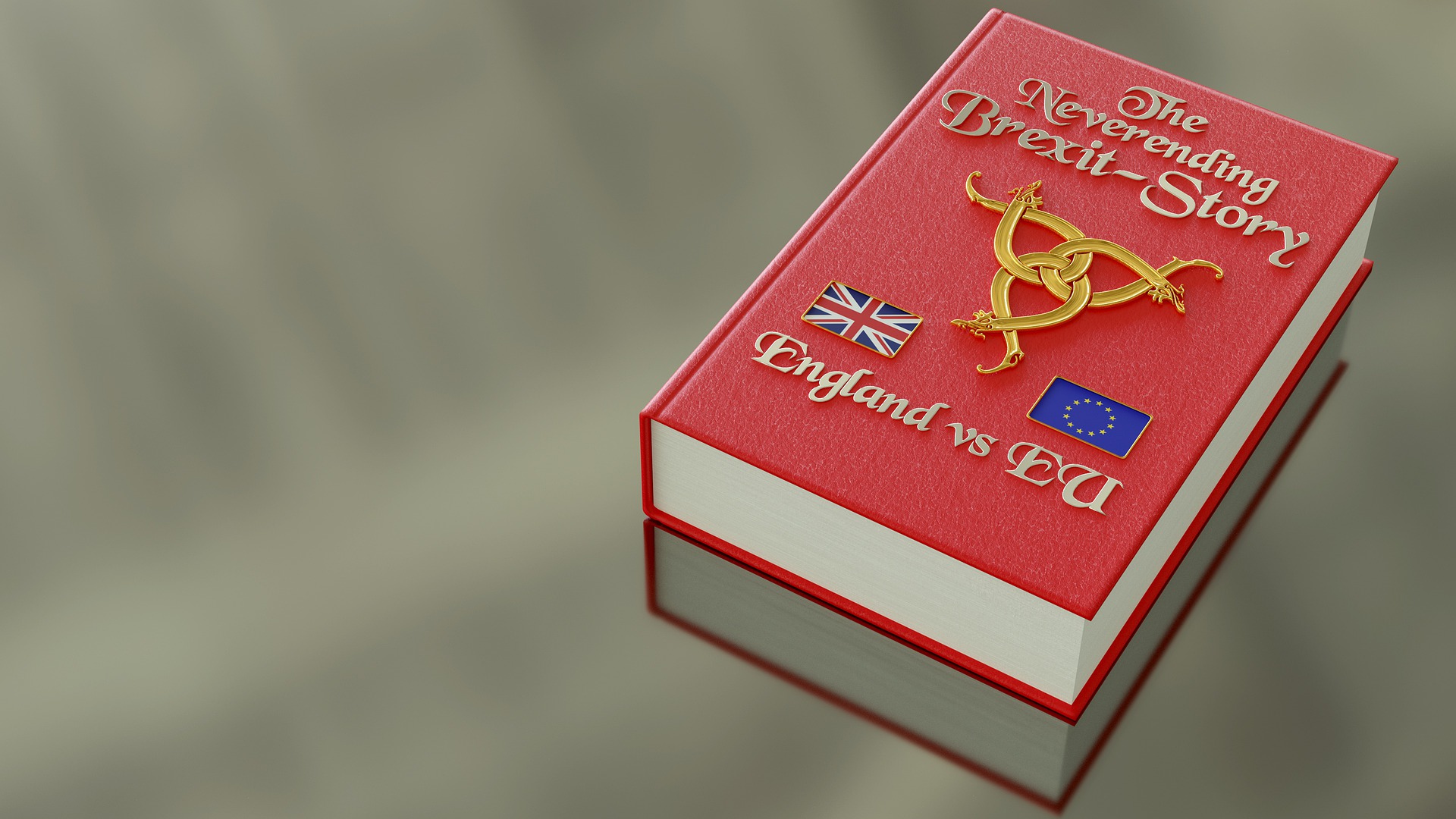<p><!-- BEGIN THEIA POST SLIDER --></p>
<p>It was a shock and a result that no one expected or at least underestimated. On July 23, 2016, the United Kingdom voted in a referendum with 51.9% of the vote to leave the European Union. Turnout was over 72%, a record for the country.</p>
<p>Following this result, Prime Minister David Cameron, who was in favor of keeping the country in the European Union, resigned. His successor Theresa May in July 2016 had to lead the exit negotiations but without succeeding. Ultimately, it was Boris Johnson, a fervent defender of Brexit, who took up the reins of discussions with the EU.</p>
<p>However, talks between the United Kingdom and the European Union have gone on too long and the operation, which was to take place on March 29, 2019, was extended several times until January 31, 2020, to avoid leaving without an agreement. It was not until midnight January 31, 2020, that the United Kingdom&#8217;s exit from the European Union became effective.</p>
<blockquote>
<figure id="attachment_349" aria-describedby="caption-attachment-349" style="width: 1920px" class="wp-caption aligncenter"><a href="https://ustopbusiness.com/wp-content/uploads/2020/05/brexit-3579599_1920_Image-By-Tumisu-de-Pixabay.jpg"><img class="size-full wp-image-349" src="https://ustopbusiness.com/wp-content/uploads/2020/05/brexit-3579599_1920_Image-By-Tumisu-de-Pixabay.jpg" alt="" width="1920" height="954" /></a><figcaption id="caption-attachment-349" class="wp-caption-text">UK Brexit Image By Tumisu de Pixabay.</figcaption></figure>
<p>The United Kingdom officially left the European Union at midnight on January 31, 2020.</p></blockquote>
<p>If Brexit is perceived by some as the beginning of the dislocation of the European Union and of its disintegration, especially with the push of the Far Right in several countries of the Union, others consider that it was time for the United Kingdom, which is never really in the Union, to leave so that the other countries can move forward in building the Union.</p>
<p>However, this leaving was not easy and there are several points of disagreement slowing the process down. Indeed, the United Kingdom has to pay a bill of around fifty billion Euros to the European budget, representing London&#8217;s share in the 2014-2020 budgetary commitments. Another thorny point concerns the movement of European and British citizens between the two entities and the status of expatriates. Then there is the problem of Ireland being the only country bordering on the United Kingdom.</p>
<p>Brexit also requires reflection on the future of trade relations, in particular customs issues and environmental, health and safety regulations, knowing that more than half of British exports go to the European Union.</p>
<p>The publication of an official economic analysis on the life of Great Britain outside the European Union, reports the following results: under terms similar to those of leaving plan of Prime Minister Theresa May, the British economy would drop 3.9% than it would have been if the country were part of the European Union. In the worst-case scenario of leaving the bloc without a deal, the British government would expect a 9.3% drop in gross domestic product.</p>
<p>This seemed relatively docile compared to the British bank report which said the British economy would shrink 8% in one year, house prices would drop 30% and the British pound would drop to $ 1.10 from 1.27 $. After all, the British economy would crash outside the European Union without an agreement.</p>
<p>On the other hand, and according to the same analyzes, the economy of Great Britain would growth if it should remain a member of the European Union at least until 2035.</p>
<p>The analyzes also reported a benefit in trade advantage for the United Kingdom, which should benefit from the successfully negotiated trade agreements between the EU and the United States, Australia, New Zealand, China, India, and other countries.</p>
<blockquote><p>Michel Barnier must put aside his &#8220;ideological approach&#8221; DAVID FROST SAID.</p></blockquote>
<p>Michel Barnier has been warned by his counterpart, Britain&#8217;s chief negotiator, that he must put aside his &#8220;ideological approach&#8221; to break the deadlock in talks on the future of relations with the EU.</p>
<p>This comes at a time when negotiations on trade, security, and fisheries are experiencing &#8220;very little progress&#8221; as announced by David Frost. Indeed, just six weeks before the legally binding deadline within which a decision must be taken to extend the transition period beyond 2020, the discussions are described by both parties as difficult.</p>
<p><!-- END THEIA POST SLIDER --></p>

